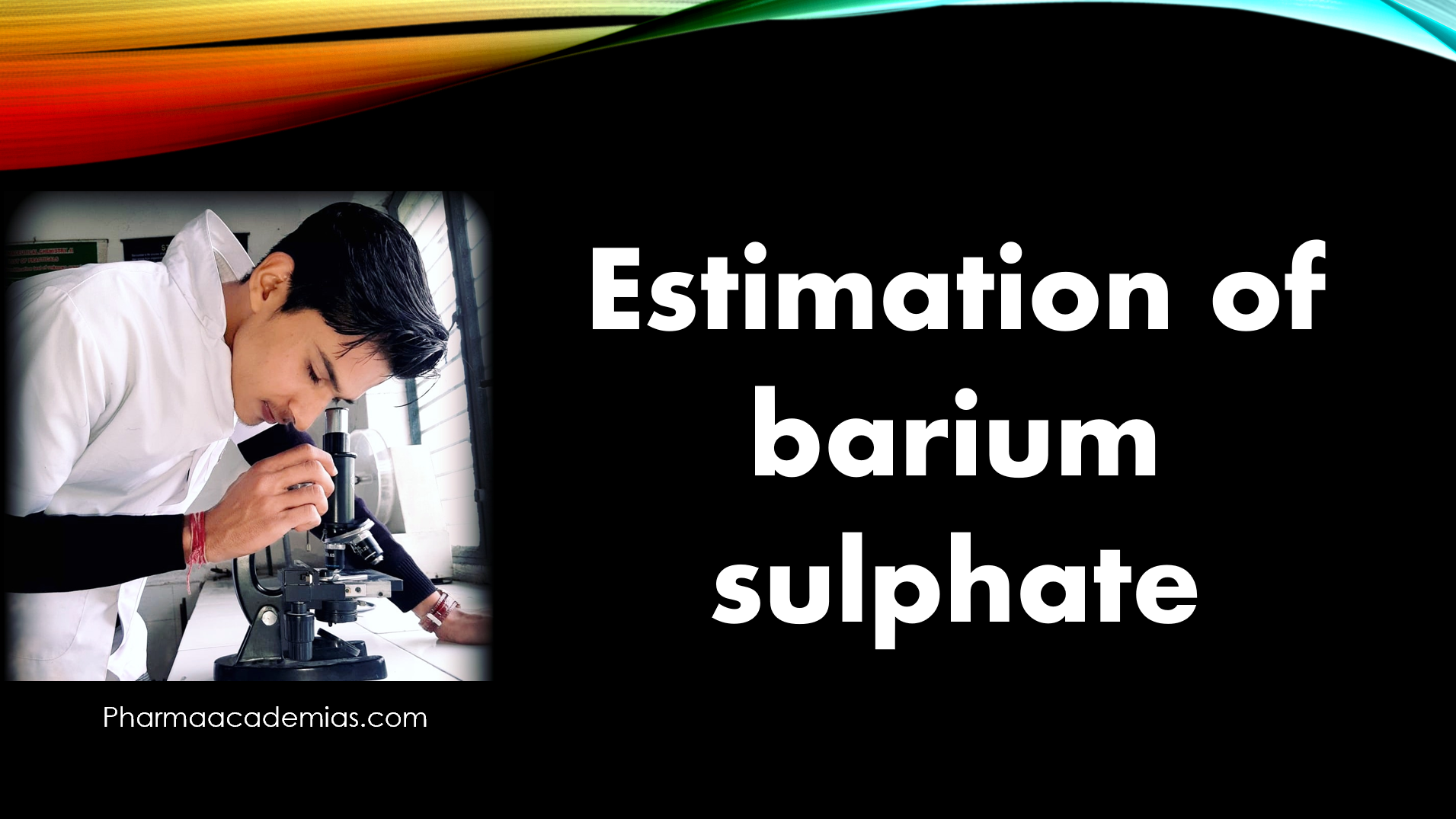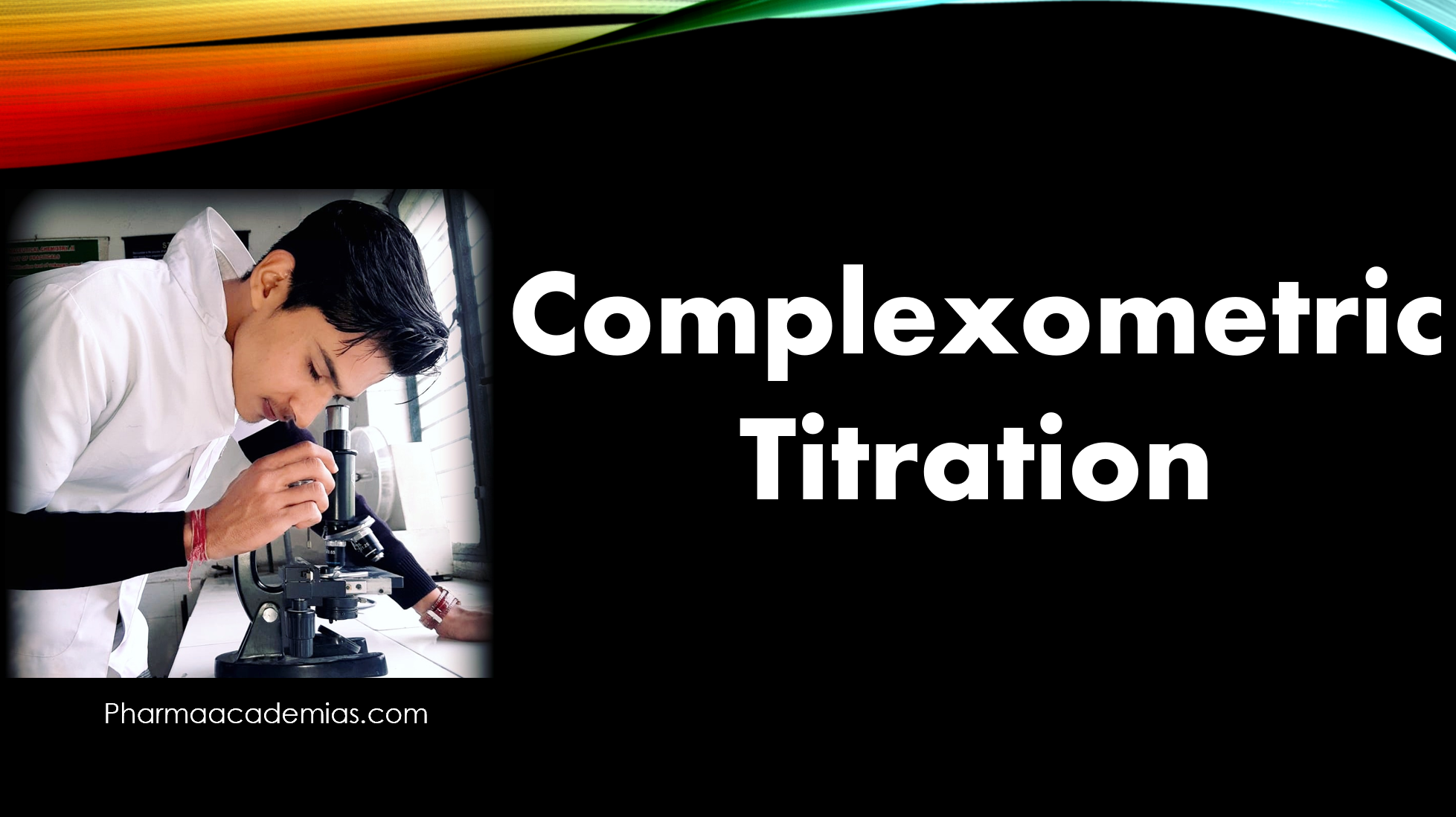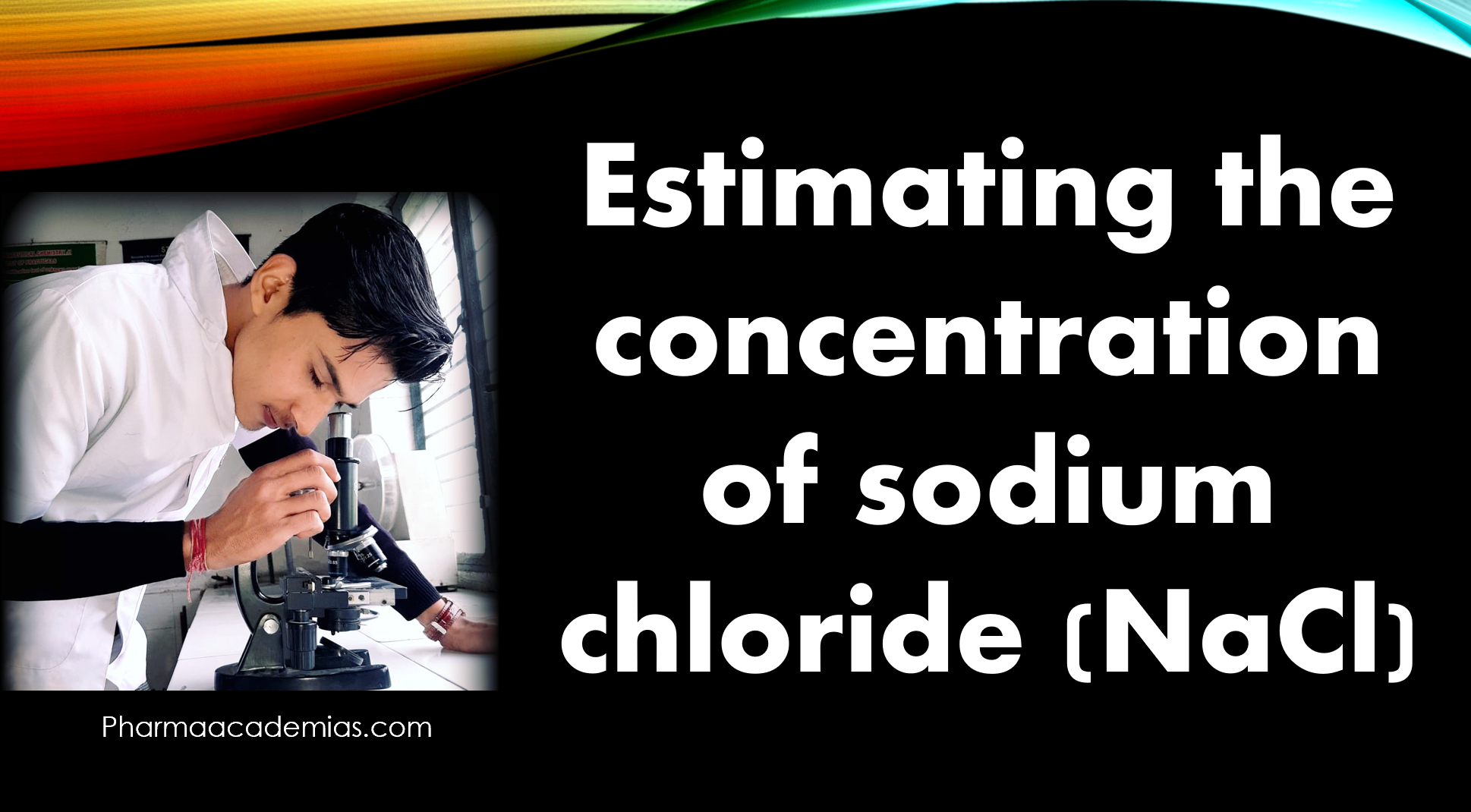Basic Principles, methods, and application of diazotization titration
Researchers employ diazotization titration, also known as diazo or nitrite titration, as an analytical technique to determine the concentration of compounds that incorporate amino or amine functional groups. The method is based on the reaction between a primary aromatic amine and sodium nitrite (NaNO2) in the presence of acid to form a diazonium salt. The … Read more










